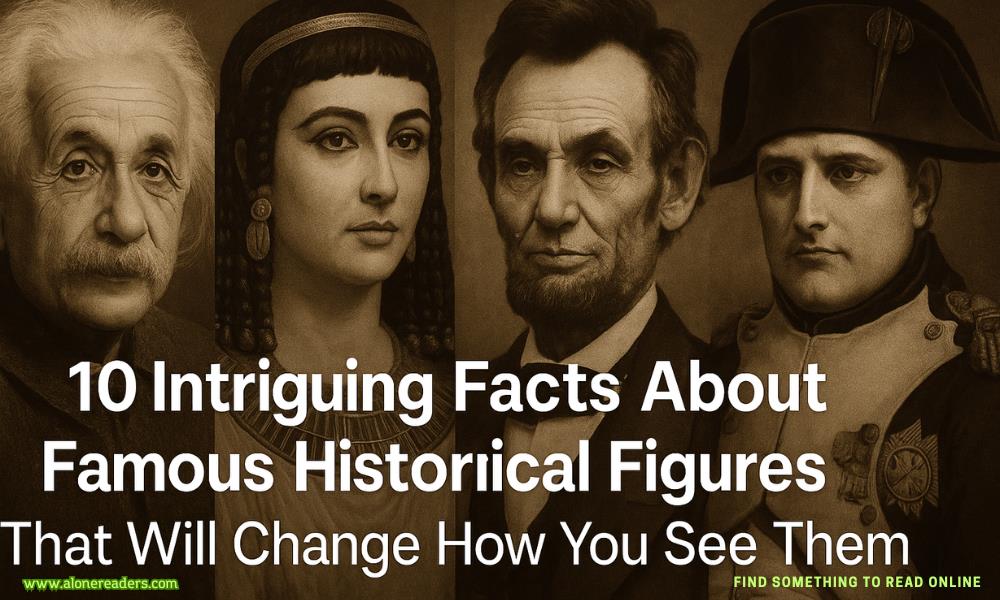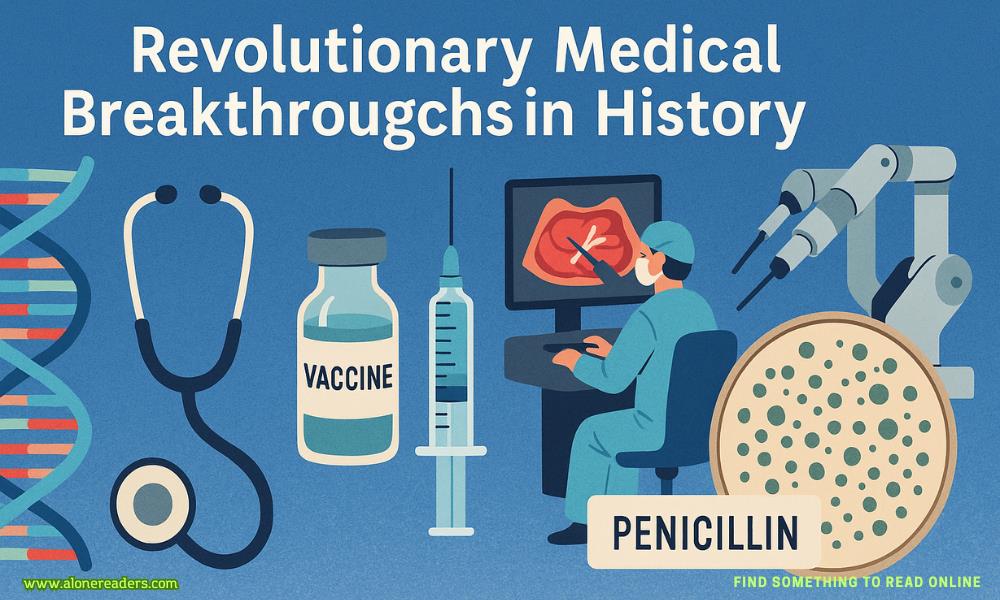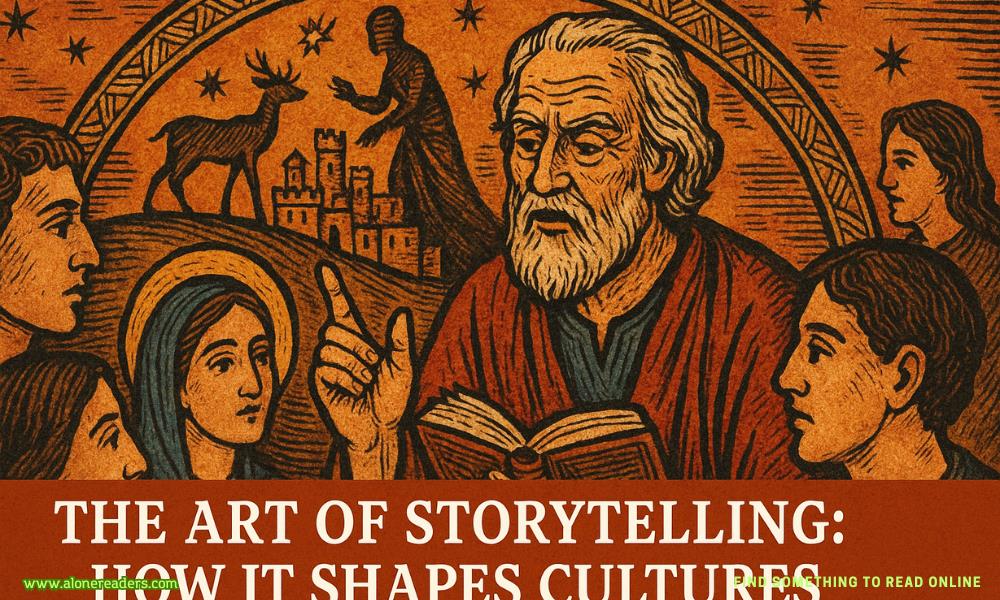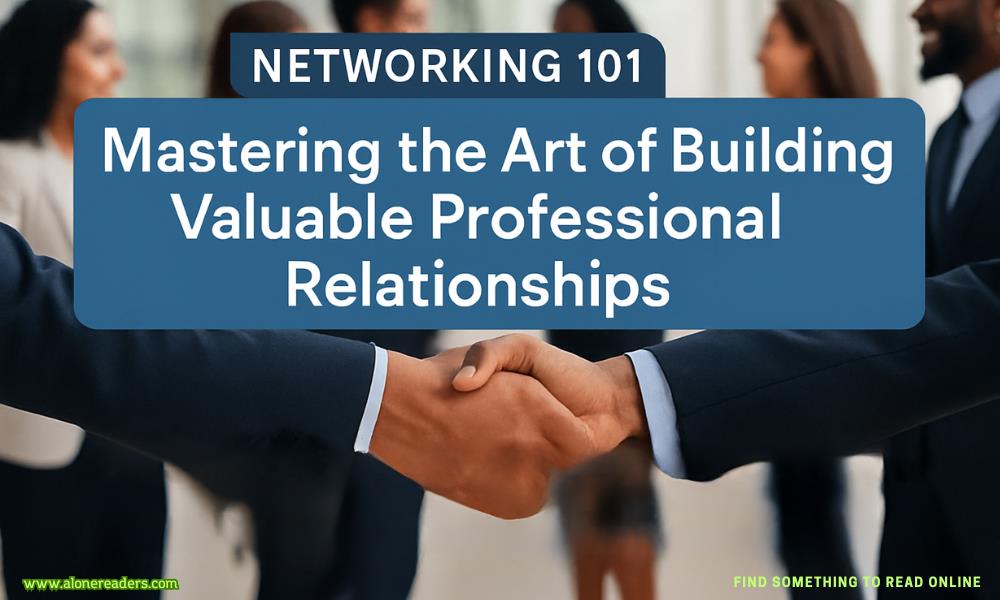Page 47 of Beehive
As we walked, I scanned the crates, noting a variety of markings. Most bore Soviet emblems and Russian notations, but a few still wore the swastika, though most of those had beenmarred with graffiti-like paint scrawls or burns. A few bore names in faded ink—Jewish-sounding names, I realized with a pang of unease.
A flash of motion down the row of crates caught my eye.
I looked up in time to catch the back of a man wearing a dark suit as he stepped quickly down another row. I couldn’t see his face but was fairly certain he was our newspaper non-reader from the café. Thomas, a couple strides ahead of me, was engaged in conversation with Antonov. I doubted he’d seen the figure.
“ . . . of these are paintings,” Antonov was saying as I stepped closer and refocused. “We also have many statues and carvings. Jews must truly love such things.”
He didn’t say the word “Jews” with a lack of respect, but there was no care with its use either. My mind wandered to Arty, one of the kindest, gentlest people I had ever known. His family had welcomed me into their home. His brothers played with me as though I was another of their number. His mother offered a seat at her table and shed tears as I mourned the loss of my own parents. They weren’tJewsto me. I mean, they were, but they were so much more than their beliefs or heritage. They were extensions of my own family.
Peering up at painted names on lifeless crates, I couldn’t help but see Arty and his folks emblazoned on the wood. Our mission was to figure out why the Soviets were so worked up, why they were flooding the East with agents, but in that moment, all I cared about was helping Arty—and all the Artys who might have had precious relics ripped from their homes.
Our mission suddenly felt more important.
It felt more personal.
“Hey.” Thomas’s voice brought me back to the present.
“Oh, sorry. Got lost in my head.”
“He wants to know if there’s anything in particular you want to see, if there’s something specific you’re looking for.”
I nodded and stepped past Thomas to face Antonov. “Could we start with your records? Where do you keep information about each piece’s origin, where you ‘liberated’ it, as you said?”
“We anticipated your needs. Come with me.”
We strode the rest of the way down the aisle, then turned toward a row of offices that formed the far wall. Without knocking, Antonov opened the middle door and stepped in as though he owned the place. A man of impossible-to-guess age blinked up from his desk.
“Out. Now,” Antonov barked.
The man blinked a few more times, his gaze shifting from Antonov to me, then back. When he didn’t move, Antonov added, “That was not a request.”
Two blinks later, the man rose and brushed past us, muttering angrily in Russian as he went. Thomas must’ve understood because he snickered, then covered his mouth with a hand. Antonov stepped around the desk and sat, the squeal from the chair drawing both our attention.
“This,” Antonov said, sliding a notebook across the desk, “is your register, or whatever you Americans call it.”
“Germans,” Thomas corrected.
Antonov waved his hand in the air.
I sank into a chair and opened the binder, flipping through a few pages before realizing the entire thing was in Russian. The Cyrillic letters may as well have been Egyptian hieroglyphics for all I could read of the stuff. I blew out an annoyed breath and turned my head toward Thomas. “A little help here.”
There were no other chairs, so I stood and let Thomas sit before the binder. He scanned a few sheets before looking back at me. “It’s a logbook containing names of pieces, descriptions, estimated weights and sizes, that sort of thing. There arecolumns for the original owner and original address, but most are blank.”
“We do the best we can,” Antonov said, spreading his hands in a placating gesture.
“Right,” I said, leaning over to look past Thomas at a page before remembering I couldn’t read any of the script. I straightened and smiled at our host. “May we take this with us? I would like to study it back at our hotel.”
“Of course,” he said. “I had the facility make a copy for you.”
A copy. Right.
That meantnothingin the book could be trusted. The darn thing was probably bugged. I made a mental note for us to check that out when we got back to the hotel.
“Thank you, Captain. I believe this logbook is more helpful than continuing our tour. Once we have studied it, I will have further requests of items to be reclaimed and whatnot.”
Antonov stood. “Of course. Tomorrow, we visit other locations in which we process and store such items. For now, let us move on. I wish to show you the sector.”
Thomas stood and shot me a glance that unmistakably read, “What the hell does a tour of the sector involve?” though neither of us spoke. We simply followed Antonov like two lost puppies desperate to keep up with their mother.















